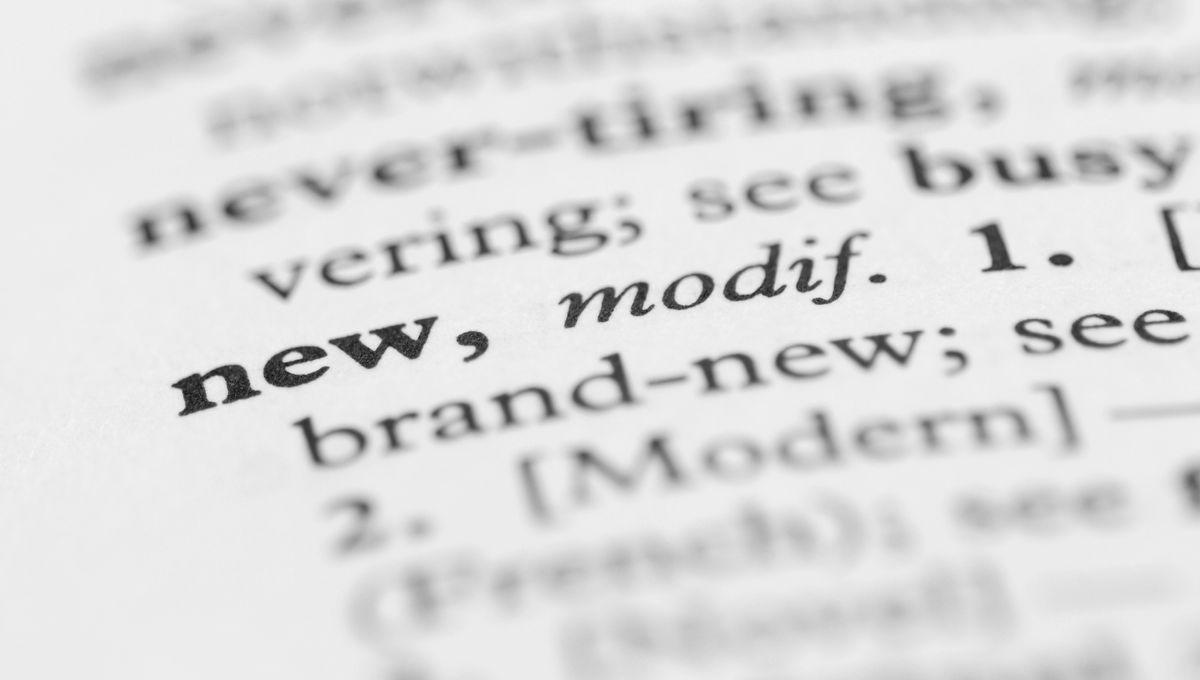"Skibidi", "Delulu", And "Broligarchy" Among More Than 6,000 New Words Added To Dictionary

"Skibidi", "Delulu", And "Broligarchy" Among More Than 6,000 New Words Added To Dictionary
English has more words than almost any, if not every, other language on Earth – and you don’t get that way by being static. From Shakespeare to skibidi toilet, every generation has added their own vocabulary to the lexicon – and dictionary-makers have scrambled to keep up.
The rest of this article is behind a paywall. Please sign in or subscribe to access the full content. The result: annual lists of often thousands of new words which have made it into various official ledgers over the past 12 months. And this year is no different, as Cambridge Dictionary has just released its 2025 compilation of 6,212 new arrivals to the club, including such poetics as “delulu”, “broligarchy”, and “slop” – as in the stuff churned out by AI, rather than the stuff that slides off your plate into the garbage after dinner. Many of these new words have their origin in internet culture. See “skibidi”, a word which “has different meanings such as cool or bad, or can be used with no real meaning as a joke,” Cambridge Dictionary explains. It’s most famous from the viral “skibidi toilet” videos – notoriously opaque for anybody born after about 2010. “Broligarchy”, too, while not intrinsically an internet or tech-related word, certainly carries with it connotations of that world: “a blend of bro and oligarchy, [it] means ‘a small group of men, especially men owning or involved in a technology business, who are extremely rich and powerful, and who have or want political influence’,” says the definition. “The term was used to describe a lineup of powerful tech leaders including Jeff Bezos, Elon Musk and Mark Zuckerberg at the inauguration of President Trump in January 2025,” it explains. ⓘ IFLScience is not responsible for content shared from external sites. And while you’re using the output of said broligarchy, let’s hope you don’t find “inspo” for becoming a “tradwife” – that is, inspiration for what some have alluded to as a woman’s life spent without rights or freedoms and likely following a far-right white, Christian, or white Christian supremacist ideology until you die from lack of maternal provision or drinking too much raw milk and shitting yourself to death. You might say the tradwife trend is a real “red flag” – a “a sign that something bad is happening or could happen,” Cambridge explains. Far better, then, to be a “work wife”, another new addition that describes “a woman with whom someone has a close, but not romantic, relationship at work, in which the two people help and trust each other in the same way that a married couple does.” Other words making the cut include more prosaic terms like “forever chemicals” and “RAAC” – a type of concrete that was at the center of a controversy in the UK recently. But for the most part, the ones making headlines are those words that either spring from, or have been spread by, the online world. “Internet culture is changing the English language and the effect is fascinating to observe and capture in the Dictionary,” said Colin McIntosh, Lexical Programme Manager at Cambridge Dictionary, in a statement this week. “It’s not every day you get to see words like skibidi and delulu make their way into the Cambridge Dictionary,” he said. “[But] we only add words where we think they'll have staying power.”


